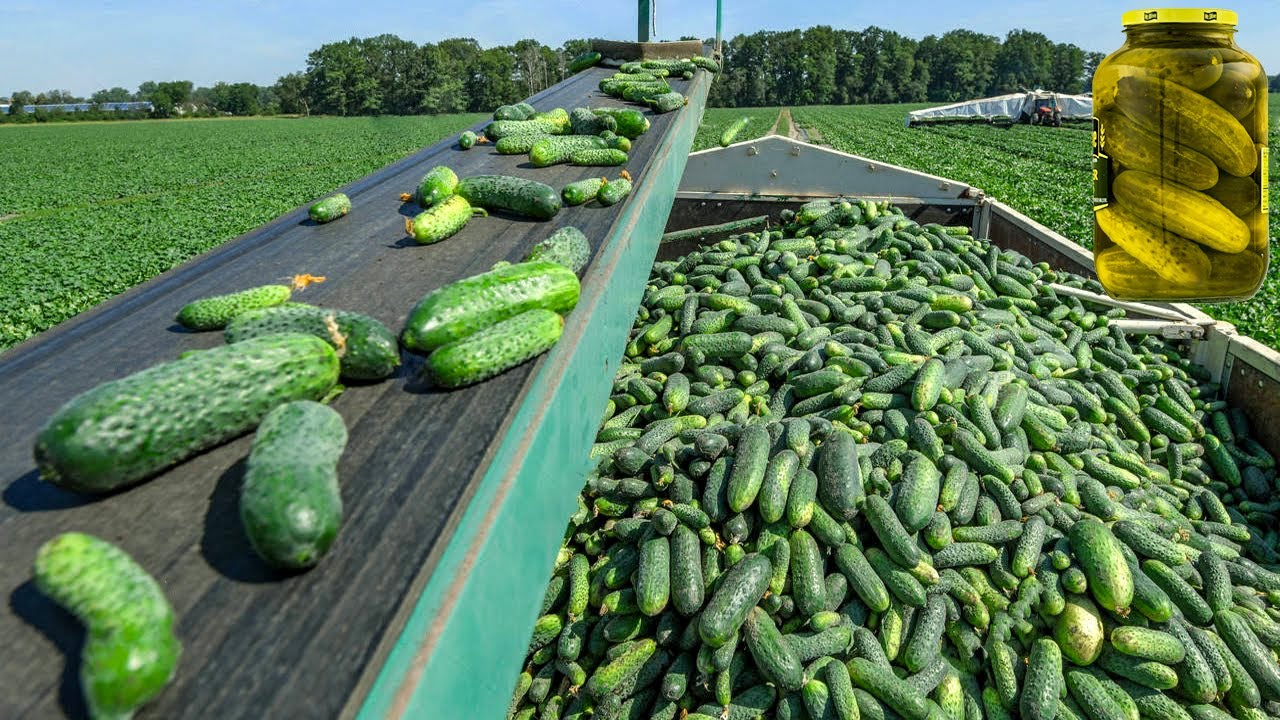Qatar raises its voice
Germany’s foreign minister, Annalena Baerbock, continued her visit to the Gulf region by meeting with the state leadership in Qatar. During the meeting, she praised the country’s stance on the war in Ukraine and despite some differences between Germany and Qatar, both countries are striving to strengthen their ties.
Qatar’s Emir Tamim bin Hamad Al Thani received German Foreign Minister Annalena Baerbock in Doha. Following their conversation with Prime Minister and Foreign Minister Mohammed bin Abdulrahman Al Thani, she commented positively on the country’s stance towards Russia’s attack on Ukraine. “Qatar has also raised its voice,” said Baerbock.
She also commented on Ukrainian President Volodymyr Selenskyj’s invitation to the Arab League summit on Friday in Saudi Arabia. There, Selenskyj will certainly emphasize once again that this war “can end tomorrow if the attacker withdraws its troops.” According to Arab diplomats, Selenskyj’s participation in the organization’s summit in Jeddah will also facilitate talks on possible negotiations between Moscow and Kiev.
Qatar is an important customer for liquefied natural gas
Baerbock explained that Russia’s attack on Ukraine has implications in the Gulf and the region. It is also an attack on the UN Charter and therefore “the basis of life for all states, especially for smaller states in the world.” The Qatari Prime Minister said he and Baerbock discussed the war but remained more reserved. “We talked about respect for the sovereignty and independence of Ukraine and its territorial integrity,” said Al Thani.
Like its neighboring countries, the gulf emirate usually maintains good relations with Russia and strives for neutrality in the Ukrainian conflict. Moscow is an important partner in the energy sector. At the same time, the EU and specifically Germany are important customers for Qatar’s liquefied natural gas (LNG). Last year, both countries agreed on a 15-year contract for the supply of LNG.
Intention agreement on a new “strategic dialogue”
The political relationship between Berlin and Doha has cooled down recently. As the host country for the 2022 World Cup, Qatar has come under international criticism. In the emirate, it caused displeasure that such criticism was also expressed by German government officials. Despite these differences, however, both states intend to deepen their political cooperation.
Baerbock and her Qatari counterpart Al Thani signed an agreement of intent on a new “strategic dialogue.” This form of exchange with the emirate aims to “work even more closely together and exchange views in the future,” Baerbock said in Doha. Foreign Minister Al Thani promised further investment by his country in Germany and increased cooperation on the energy transition.
German Minister highlights ongoing human rights concerns in Qatar
During a joint press conference, the German Foreign Minister emphasized the importance of addressing human rights concerns amidst proposed plans to deepen diplomatic relationships. “Solid bilateral relationships are characterized by the ability to discuss topics where we have clearly different perspectives – such as human and civil rights issues,” Baerbock stated. She praised the Qatari government for improving the legal status of around 2.6 million migrant workers through recent reforms. However, she also called for further efforts stating “we are not yet where we want to be.”
Al Thani rejects criticism of human rights situation
Al Thani strongly defended Qatar against criticism of its human rights record. He dismissed allegations as being based on “prejudices” and claimed that his government had made significant progress in the areas of workers’ and human rights. He stated that his government respected the different views held by Germany and would work towards fostering good relationships with the nation.




























































